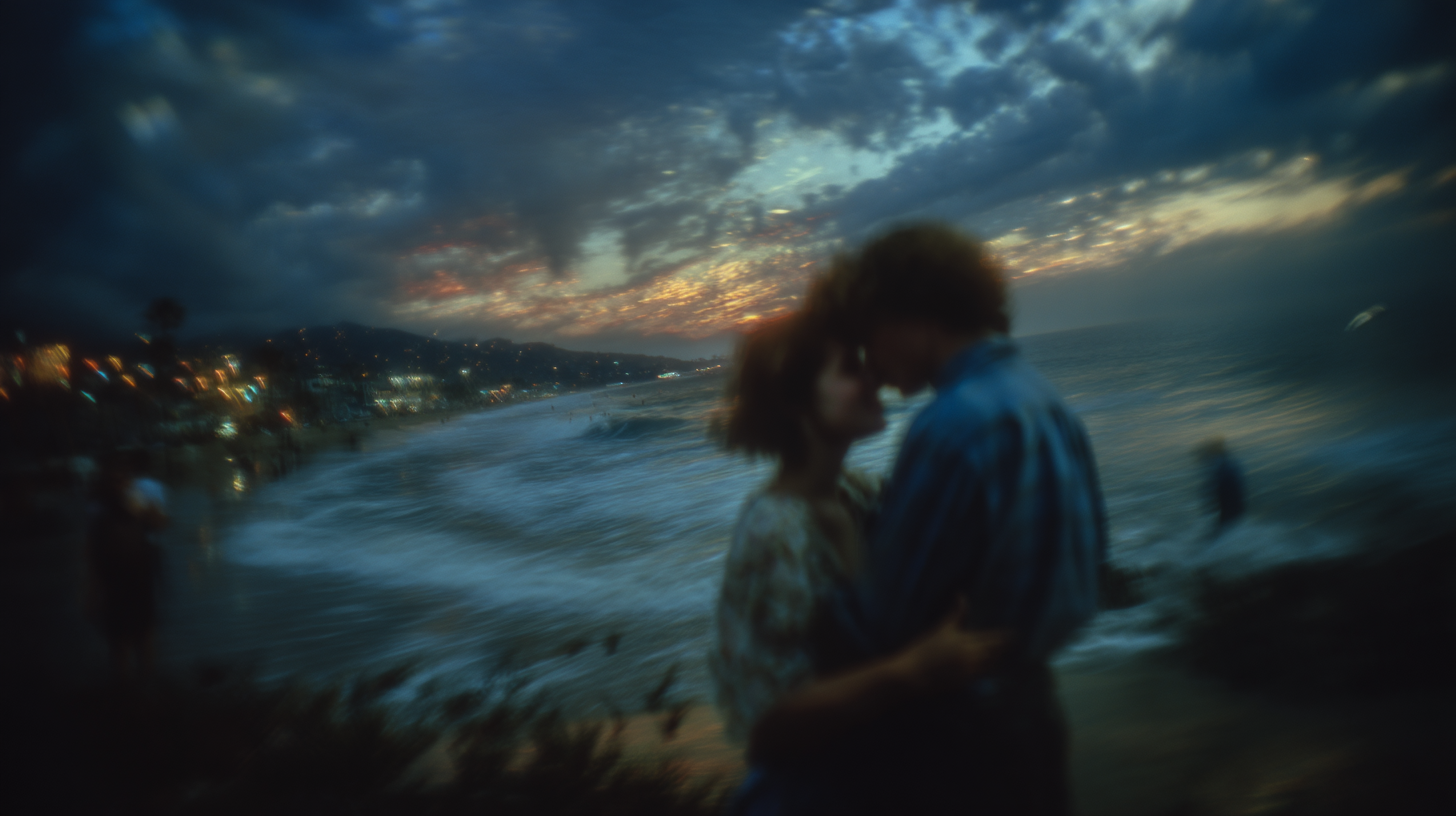There's a moment in the creative process where intention dissolves. You begin with a vision, a prompt, a desire—but somewhere between input and output, something unexpected emerges. The algorithm interprets, misinterprets, and in that gap, magic happens.
I've come to think of AI-generated art not as a tool, but as a collaborator with its own aesthetic sensibility. It has preferences, tendencies, biases learned from millions of images. When I ask for 'a woman in contemplation,' it doesn't just render a figure—it channels centuries of artistic tradition, filtered through silicon and mathematics.
The emotional resonance of these images surprises me. A couple embracing at dusk, backlit by dying light—this could be a photograph, a painting, a memory. But it's none of these. It's a statistical probability made manifest, pixels arranged according to patterns the algorithm has learned to associate with 'beauty,' 'intimacy,' 'loss.'
Yet we feel something when we look at it. The tears are real, even if the image is not. This is the paradox of AI art: it's simultaneously authentic and artificial, meaningful and meaningless, human and inhuman.
Perhaps consciousness itself is like this—a pattern emerging from chaos, meaning arising from randomness. We are all algorithms of a sort, processing inputs, generating outputs, finding beauty in the spaces between.
